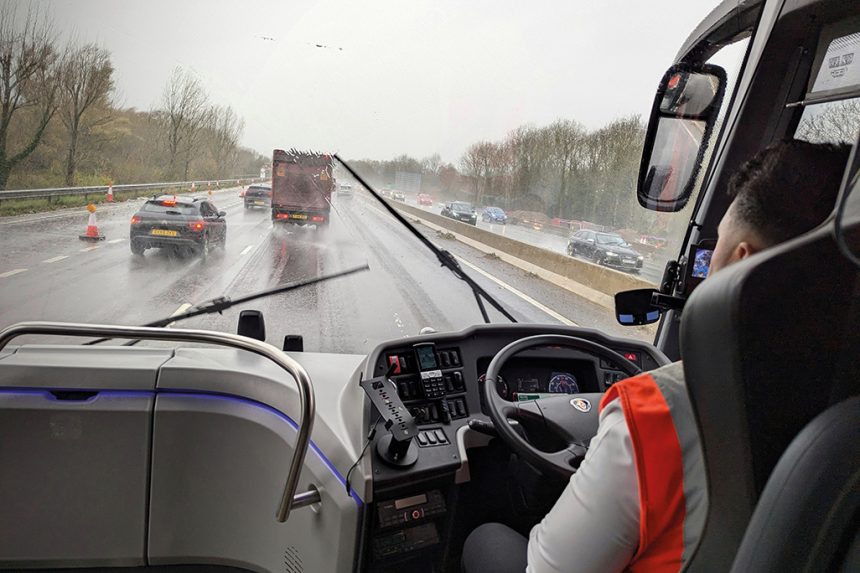JMW Solicitors’ experts offer advice on coach and bus industry-related law matters
What are the changes to sick pay introduced by the Employment Rights Bill and how will these affect operators?
The Employment Rights Bill mandates that Statutory Sick Pay (SSP) will be paid from the first day of illness, removing the previous four-day waiting period — in other words, where a worker must have been ill for more than three consecutive days to earn sick pay.
The aim of this change is to ensure workers are supported from the onset of illness and to address gaps that may leave some workers unable to afford to take time off for health reasons.
The reform has been driven by lessons learned from the COVID pandemic when workers in critical sectors, including passenger transport, often faced financial pressure to work while unwell.
This change will pose challenges for operators who will now bear the cost of SSP from day one, which could be significant in a sector faced with frequent short-term illnesses.
The increased availability of sick pay may result in more sick leave being taken, which may create short-term staffing issues and problems in delivering services.
Implementation of the changes is expected after a transition period, likely by 2026, but operators should review and update their sickness absence and sick pay policies now in anticipation of the changes.
Operators will also need robust systems in place to manage and record SSP claims from the first day of illness, to ensure compliance with the new rules and are encouraged to explore insurance options or financial planning to manage potential increases in SSP costs.
What do I need to know about the recent changes to the Driver CPC?
Changes to the Driver CPC (“DCPC”) took effect on 3 December 2024 and introduced a new “National DCPC” and “International DCPC”.
The International DCPC is the new name for the DCPC as we knew it before 3 December 2024 and is unchanged. The National DCPC is a more flexible version of the DCPC, which covers drivers in the UK only.
If your drivers drive internationally, or undertake a mix of domestic and international work, they will still need to obtain the International DCPC.
If, however, your drivers only ever drive in the UK, they can now obtain the National DCPC by completing 35 hours of National DCPC training every five years or by completing 35 hours of periodic training consisting of a combination of National and International DCPC training modules.
National DCPC courses must be at least 3.5 hours long (they can be longer but, unlike the International DCPC, do not need to be at least seven hours long and do not need to be completed on two consecutive days where a course is split) and can consist of e-learning only (unlike the International DCPC where e-learning can make up a total of only 12 of the overall 35 hours of required training).
Operators must have appropriate systems and procedures in place to ensure drivers hold a valid DCPC
Over 200 National DCPC training course have been approved and added to the list of available DCPC training courses.
Operators must have appropriate systems and procedures in place to ensure drivers hold a valid DCPC and (following the changes) that the category of DCPC held is appropriate for the type of work being undertaken.
Operators should therefore review their existing systems and procedures for monitoring DCPC to ensure that: (i) new drivers’ DCPCs are checked at the recruitment stage; (ii) temporary drivers’ DCPCs are checked at the outset of any assignment; (iii) DCPC training being undertaken by drivers is appropriate to the category of DCPC held or sought; and (iv) the category of DCPC held by drivers is monitored/reviewed on an ongoing basis, particularly if an operator takes on new or different work that involves any international driving.
[Answers by Laura Hadzik, Partner, and Charlotte Beeley, Senior Associate]



























